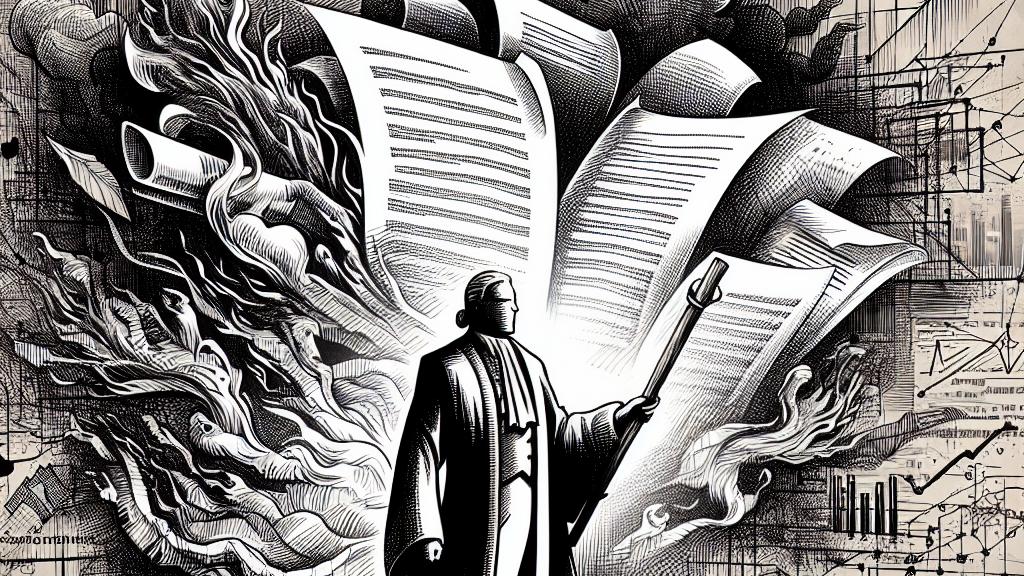Financial Minister Acknowledges Existence of Controversial Documents
Overview
- Katsunobu Kato's recent admission about the Moritomo Gakuen documents marks a pivotal moment in Japan's political landscape.
- This revelation ignites serious concerns over government transparency and integrity.
- The far-reaching implications for public trust and ongoing legal ramifications cannot be overstated.

A Shocking Admission in Japanese Politics
On February 6, 2025, a bombshell dropped in the heart of Japan's political arena. Finance Minister Katsunobu Kato publicly acknowledged the existence of crucial documents related to the Moritomo Gakuen controversy, a scandal that has long plagued the government. This admission isn't just a simple statement; it's a courageous confrontation of a tangled web of allegations involving favoritism in a controversial land sale to a private academy. By stepping forward, Kato sheds light on a situation that many believed was shrouded in secrecy, and he attempts to restore some semblance of accountability to a system that has often been criticized for its lack of transparency.
Trust at Stake: The Public's Reaction
But what does this revelation mean for the average citizen? Trust is the lifeblood of a functioning democracy, and Kato’s words beg important questions about the integrity of political leadership. How can we trust a government that has historically kept so much in the shadows? This situation instantly brings to mind the document falsification scandal of 2017, which shattered public confidence and led to calls for reform. People are likely feeling a mix of hope and skepticism: could this be a turning point towards genuine transparency, or is it merely a strategic deflection to quell rising suspicions? As Kato's admission resonates, the air is thick with anticipation and concern.
Implications for Justice and Accountability
Looking forward, the implications of Kato's acknowledgment are monumental, particularly for the ongoing legal battles tied to Moritomo Gakuen. Experts predict that the disclosure of these documents could invigorate plaintiffs' cases, allowing them to present compelling evidence in court. It's reminiscent of the Lockheed bribery scandal that rocked Japan in the 1970s, which not only led to heightened scrutiny of government practices but also spurred significant reforms in transparency. In this climate of uncertainty, citizens are left eagerly wondering: will these revelations lead to accountability for those involved or simply allow bureaucratic practices to continue? The unfolding narrative holds the potential to reshape the relationship between the government and its citizens, paving the way for either a more transparent future or a repeated history of evasion.

Loading...